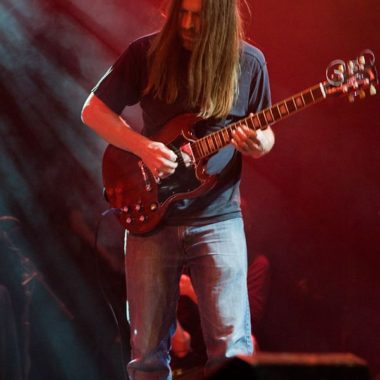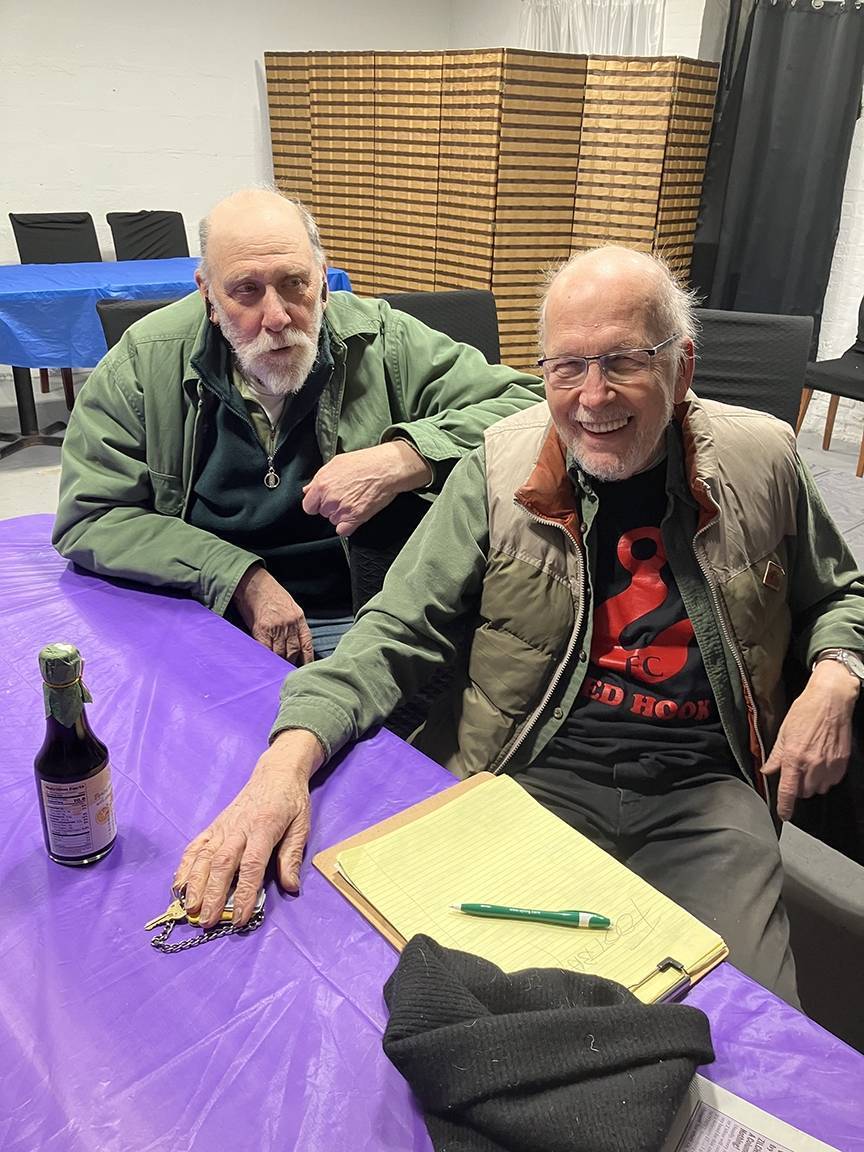The surprising thing about New York black metal band Liturgy in 2020 isn’t frontperson Hunter Hunt-Hendrix coming out as transgender. It might be interesting. It no doubt informs her obscure-anyway songwriting. And she’s to be commended for the forthright and thoughtful coming out video she posted to her YouTube channel in August. But it’s not the most exciting thing about the band this year.
Metal has—indeed, society has—come a long way since, say, 1998, when Judas Priests’s leather-studded singer Rob Halford said he actually feared being stoned after coming out as gay. The form has grown fantastically more diverse in the ensuing 20 years, and its audience much broader. Metal ain’t just metalheads anymore, and Hunt-Hendrix is almost certain to find more acceptance of her place on the gender and sexuality grid than Halford did.
What’s surprising about Liturgy in 2020 isn’t the intellectualism in or the construction of mythologies on their albums, either. Such have been in evidence since the debut EP Immortal Life, released in 2008 with Hunt-Hendrix as the sole member. It’s also not the power and precision of the playing. Those have been there since the project became a band.
What’s most surprising about the new Origin of the Alimonies, and about last year’s H.A.Ø.Ø. (both of which are streaming in full on Bandcamp), is the seamless integration of musics and of players from outside even the expanded realms of metal. Wet Ink Ensemble composer and pianist Eric Wubbels, who was a considerable part of the H.A.Ø.Ø. sound, is heard on both piano and organ on the new album, and Wet Ink violinist Josh Modney is part of a small string section that also includes bassist/composer James Ilgenfritz. Marilu Donovan’s harp, Eve Essex’s flute and Nate Wooley’s trumpet are also prominent parts of the mix. The eight guest musicians aren’t treated as plug-ins. The acoustic instruments aren’t just there for moody passages. They’re at least as important as the four core band members and, significantly, just as present in the mix. Metal bands have long used passages of organ or symphonic music to up the drama. Hunt-Hendrix’s drama is all organic—she doesn’t need the props.
The longest track on Origin of the Alimonies, at 14 minutes, is an arrangement of an Olivier Messiaen’s 1932 organ composition Apparition de l’église éternelle. Hunt-Hendrix’s full band arrangement is beautiful and powerful. So deft is her hand, and so able her band, that despite the blast beats the track doesn’t suggest any one genre. It quite literally transcends, and might be the epitome of what she herself has called “transcendental black metal”—at least up to now. Origin of the Alimonies is a part of Hunt-Hendrix’s unfolding opera The Oioion Cycle so more surprises are surely in store.











